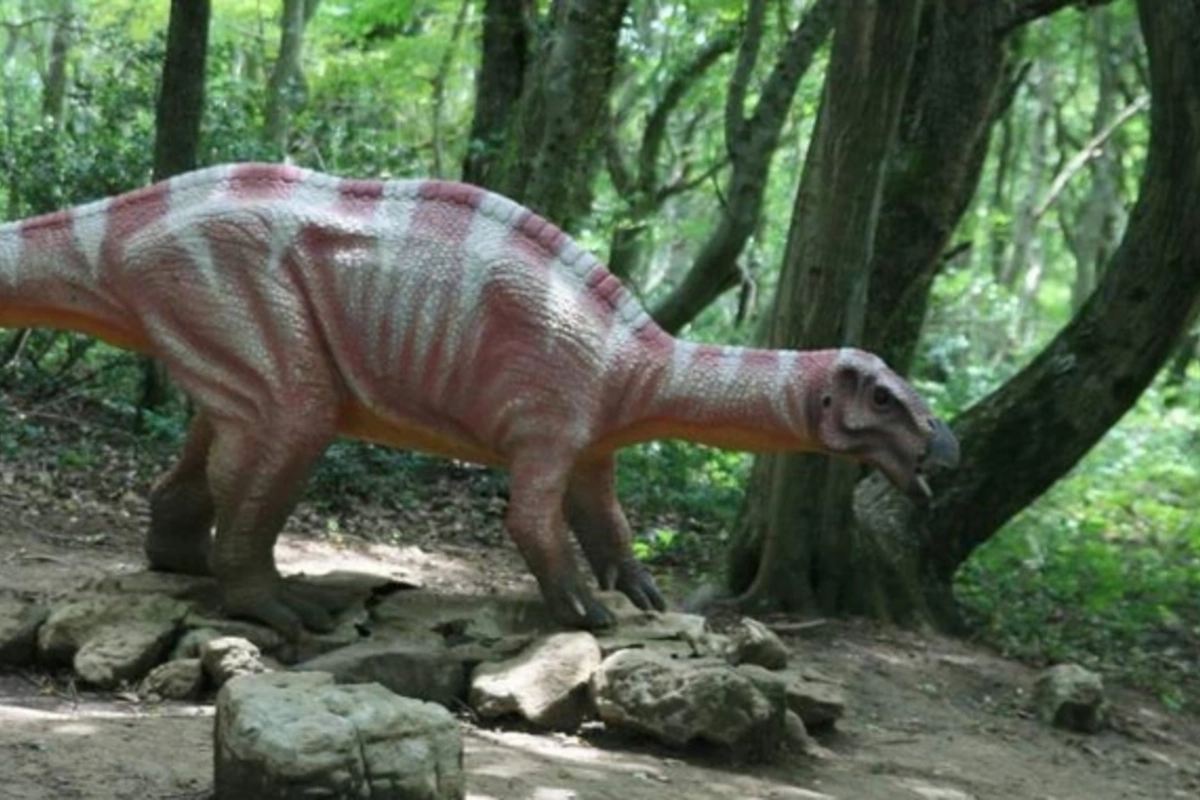26 Apr , 06:21 2025
0

Sensational discovery: a tropical island existed in the place of the Caucasus during the dinosaur era
Associate Professor of the Institute of Tourism, Service and Creative Industries of SFU Dmitry Ruban made an astonishing scientific discovery - during the Mesozoic era, a rocky island washed by warm tropical seas was located on the territory of the modern Greater Caucasus.
According to the Ministry of Education and Science of Russia, the results of this unique research were published in the prestigious scientific journal Journal of Marine Science and Engineering, reports TUT.AZ.
According to the researcher, the mysterious island existed for more than 50 million years - from the Triassic period until the late Jurassic. Throughout this colossal time span, its outlines were repeatedly transformed, but the island itself remained a key element of the ancient ecosystem of the Caucasus region.
Although geologists have long hypothesized about the existence of island land in the Caucasus during the Mesozoic era, precise information about the localization, number, and scale of these islands was absent. Dmitry Ruban managed not only to confirm the existence of the ancient island but also to reconstruct its coastline, relying on both archival data almost a century old and modern field research in little-studied areas.
The ancient island was located in the middle of the tropical Caucasian Sea and was formed by solid igneous rocks - granitoids. Its rocky shores were covered with lush vegetation, traces of which have been preserved in the surrounding rocks to this day. The size of the island changed dynamically over millions of years - periods of reduction were followed by stages of expansion, and sometimes it even connected with other land areas.
Despite the fact that the island existed during the Jurassic period, scientists consider the presence of dinosaurs on it unlikely due to its limited area. However, marine reptiles, such as majestic plesiosaurs and swift ichthyosaurs, could well have inhabited the coastal waters around the island.
The discovery of the Russian scientist not only expands our understanding of the geological history of the Caucasus but also has practical value for improving methods of geological exploration and the search for mineral deposits.